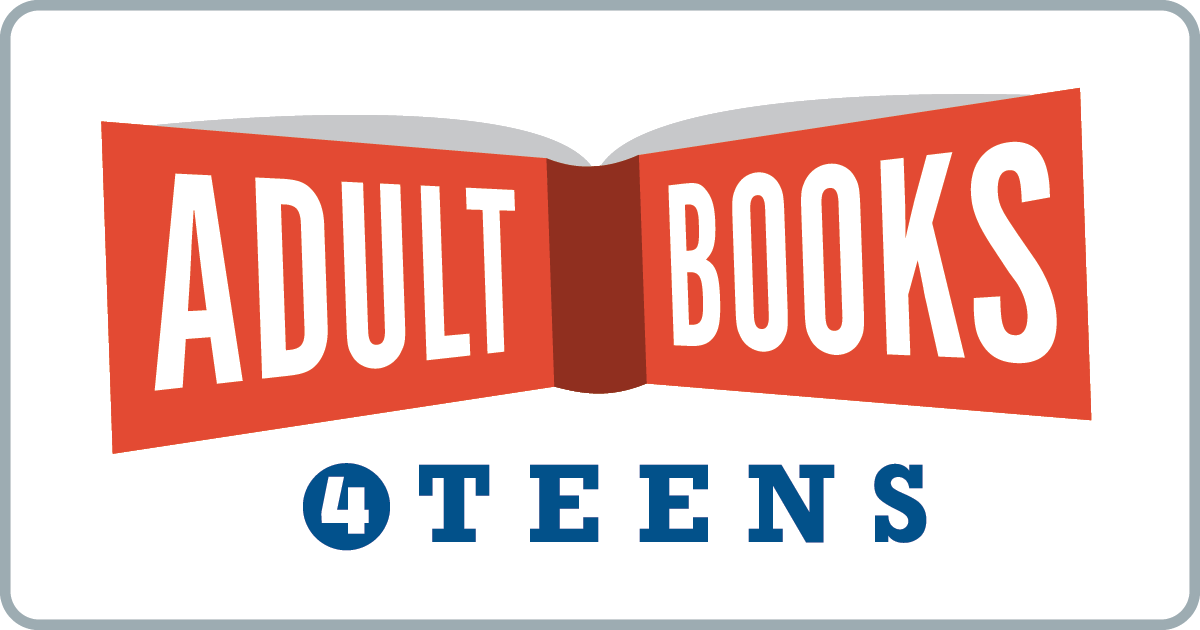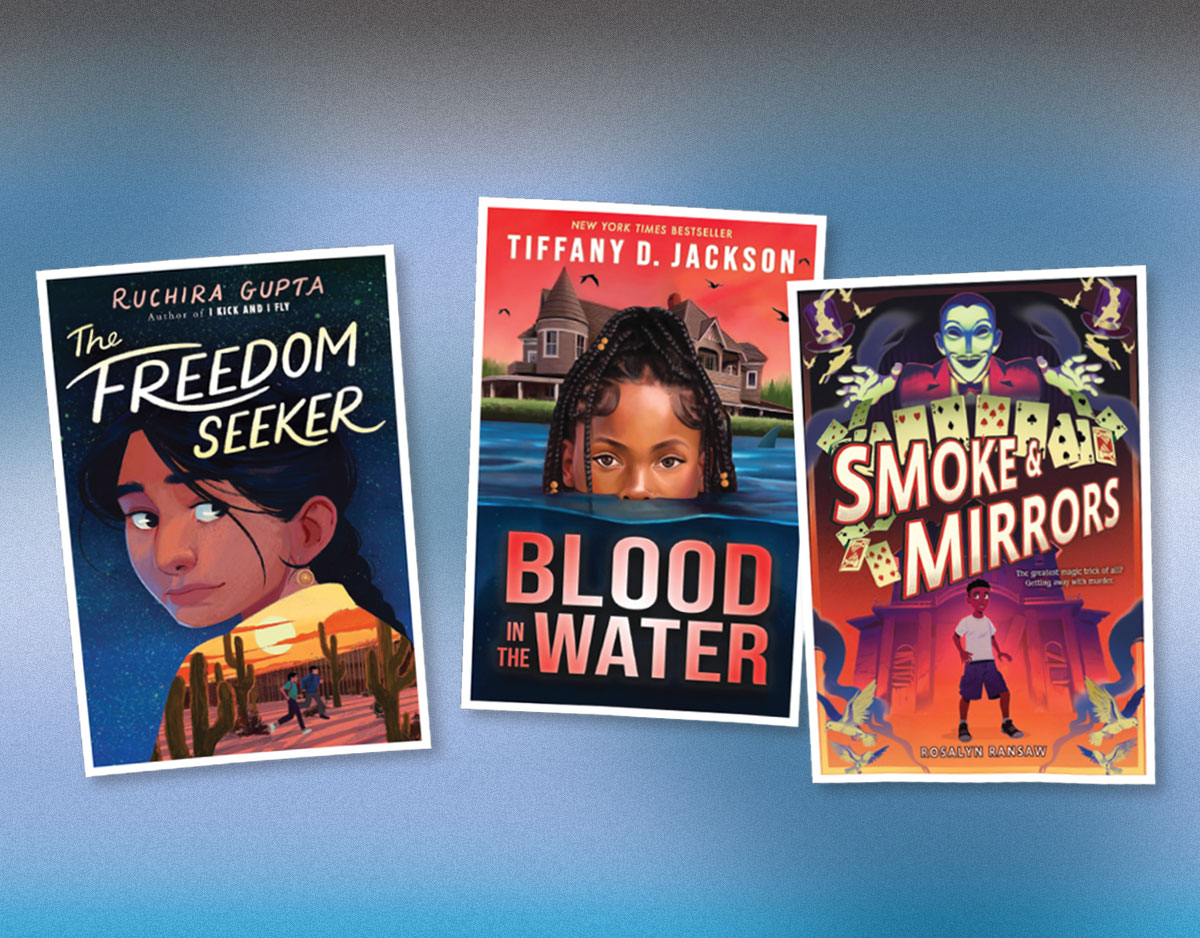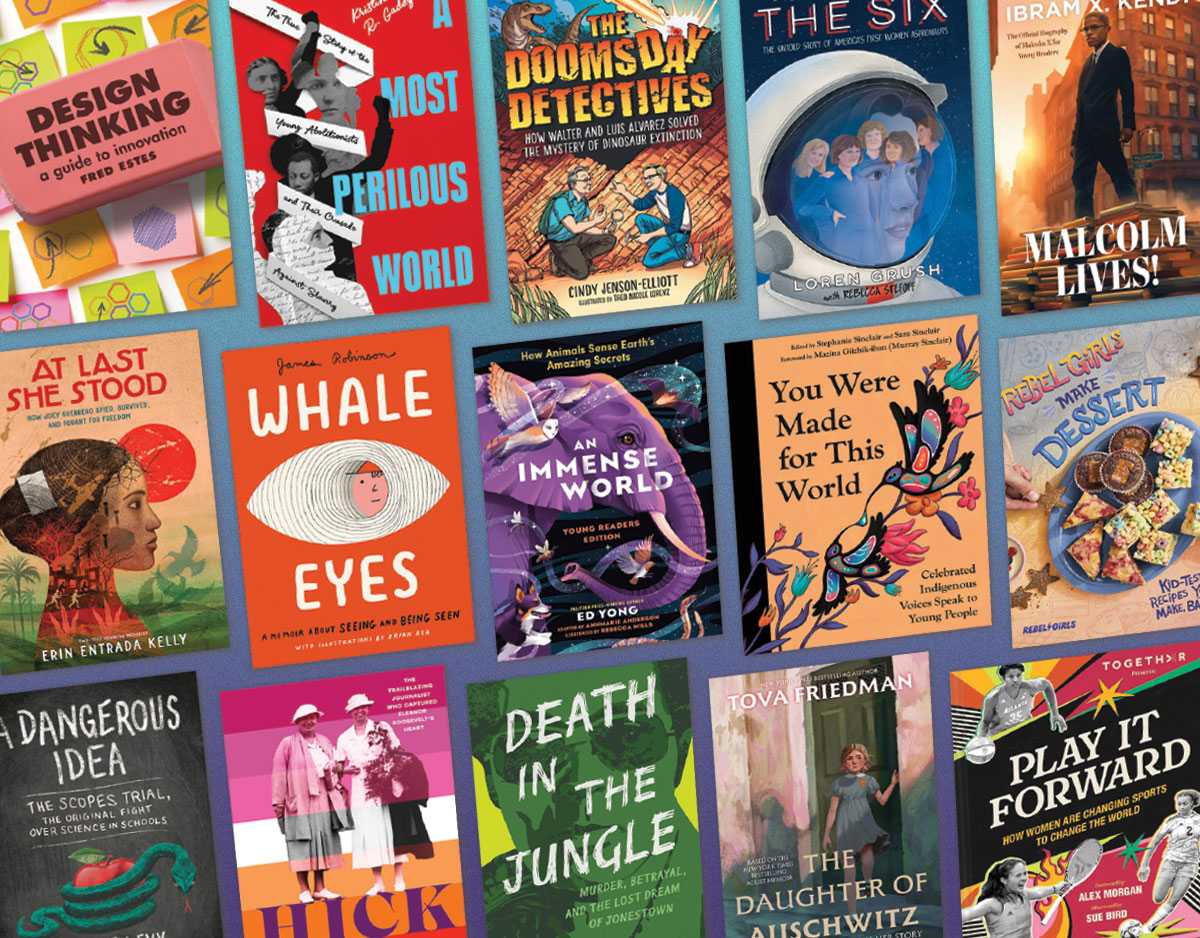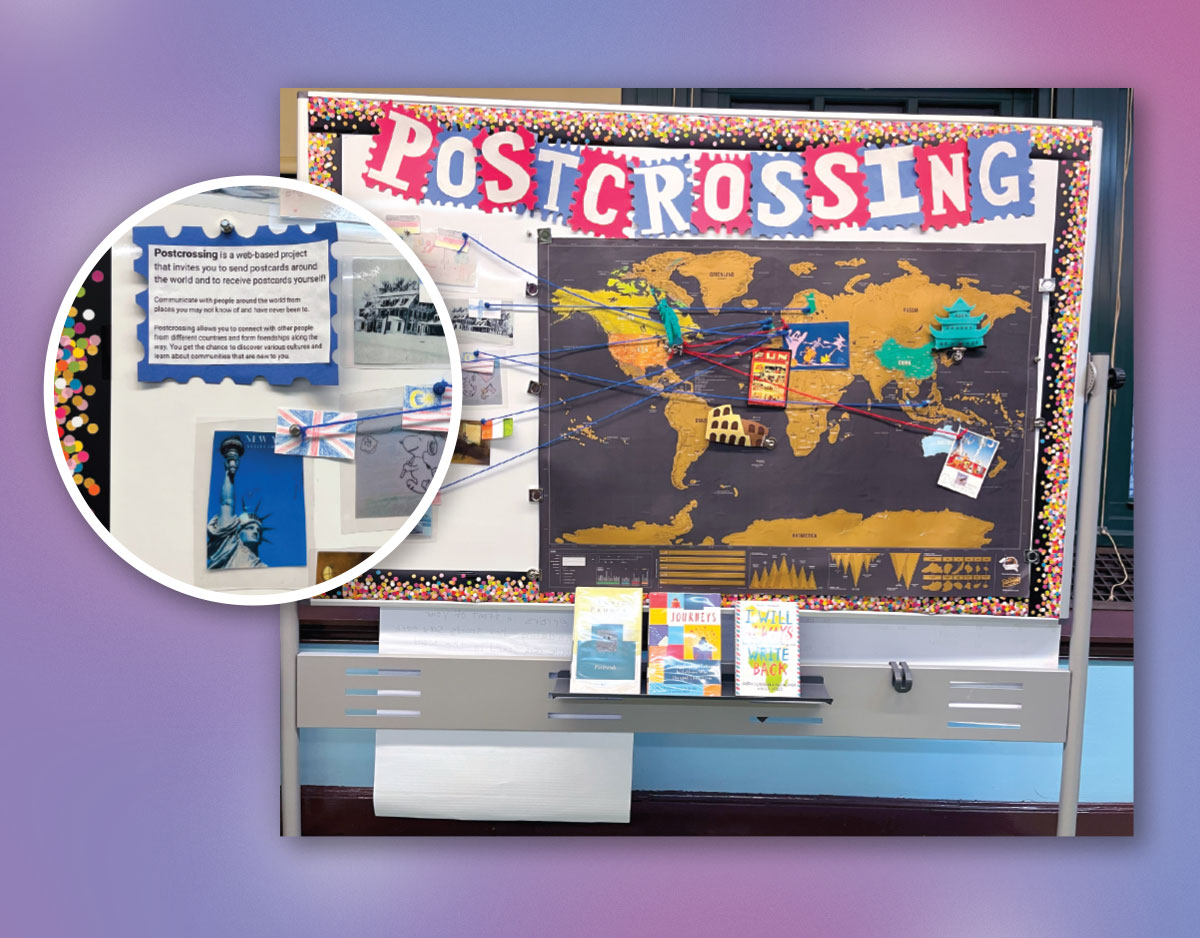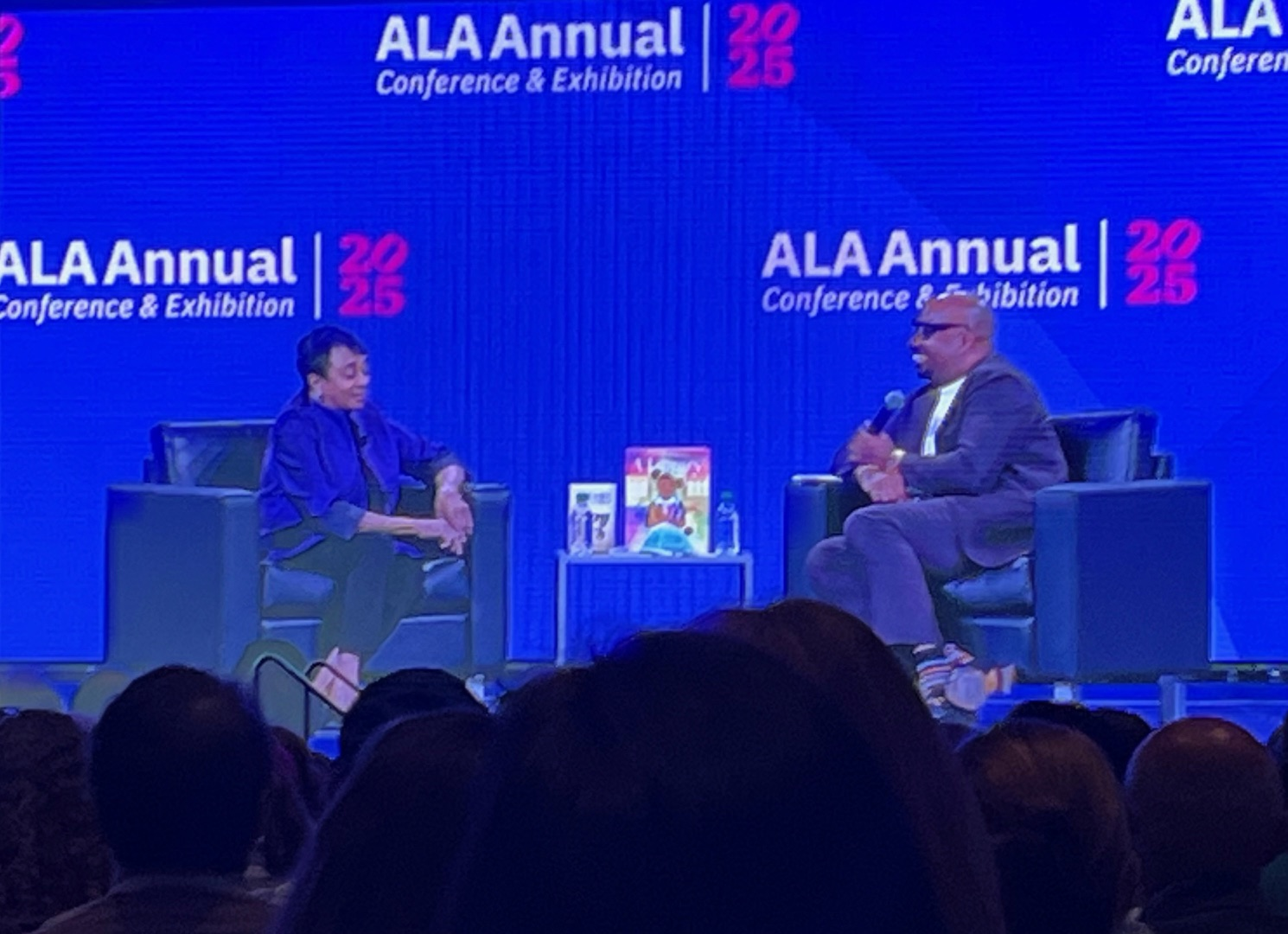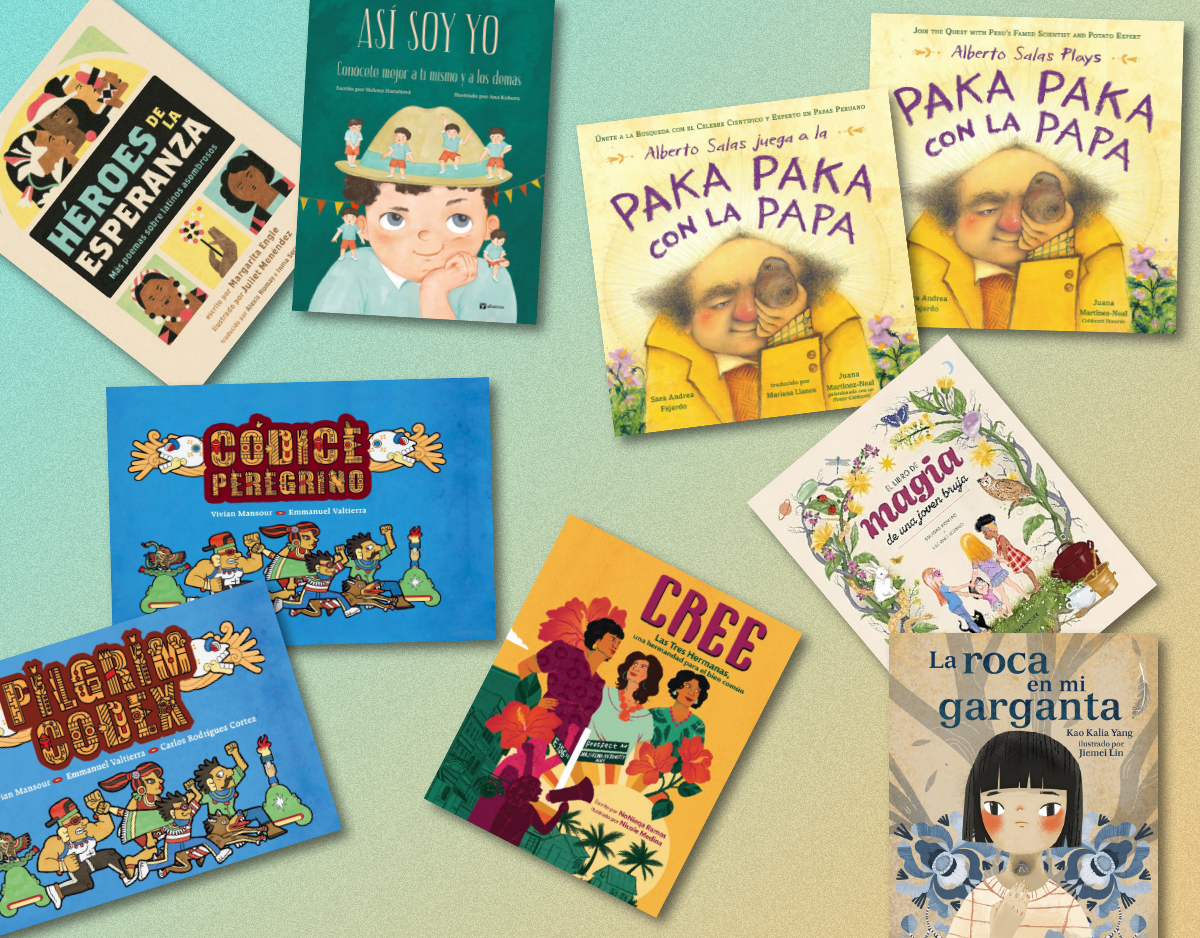SCROLL DOWN TO READ THE POST
What We Talk About When We Talk About Teens
Thank you to Angela, all of our reviewers, and our readers for the warm welcome to this blog. I thought it might be a good idea to start this relaunch by setting myself up for immediate backlash by trying to answer the impossible question of what exactly we mean by “Adult Books 4 Teens.”
The phrase has two parts, one easy, and one very hard. “Adult Books” is simply books that have been published for adults. When Angela launched the blog the first time, she said, “This blog is here to help librarians who work with teens find out about the best books published for the adult market . . . .” This definition nicely mirrors the Alex Award’s charge to choose “title[s] from a publisher’s adult list” and complements the Printz Award’s limitation to titles published for 12 to 18 year olds. So that’s easy.
ADVERTISEMENT
ADVERTISEMENT
But what about “4 Teens”? What does that mean exactly? Here’s what the Alex Award policies have to say:
- Titles are selected for their demonstrated or probable appeal to the personal reading tastes of young adults
- Appeal and popularity are not synonymous In addition to the question of appeal, committee members should consider the following when assessing titles: language, plot, style, setting, dialog, characterization, and design.
So, teen appeal means the books appeal to teens . . . but not necessarily all teens. Not very helpful. Over on our sister blog, Someday My Printz Will Come, Sarah Couri tried out this definition:
YA books are about what it means to be an adolescent — to be someone who is between, who is moving. Who is changing. Who is trying on faces the way you or I might try on hats.
This seems like a much more promising start: if we look at last year’s Alex Award Winners, eight of the ten titles have an explicitly teenaged protagonist, and The Lover’s Dictionary is clearly about adolescent concerns of love and relationships. But Sarah’s definition doesn’t seem to quite fit Robopocalypse, and our own list of Best Books from the same year included such titles as Hillary Jordan’s When She Woke, Tea Obreht’s The Tiger’s Wife, and Robert Venditti and Mike Huddleston’s Homeland Directive. When She Woke and The Tiger’s Wife do feature youngish protagonists who have some of the traits of adolescence, but it seems like a stretch to say that they are “about what it means to be an adolescent,” and Homeland Directive is about very adult concerns about privacy and government control. And I haven’t even mentioned nonfiction. A science title like How I Killed Pluto really has nothing at all to do with adolescence or growing up. It is just about a fascinating topic which many teens happen to be interested in.
So how do we decide what books to review for this blog? To be honest, each of our reviewers makes the decision based on her own experiences with books and teens, and we don’t always agree. But as I asked around, I found that we definitely share a certain set of beliefs about teen appeal.
First of all, we all seem to agree that the books we read don’t need a teenaged protagonist. Priscille Dando said it best: “I feel strongly that adult books for teens don’t require a teen character or perspective, although those books have extra potential.” Some of our reviewers did mention Sarah Couri’s adolescent concerns. Sarah Flowers, for instance, said she looks for themes such as “coming-of-age, of course, but also themes that have to do with issues of concern to teens: self-identity, family, faith, friendship, etc.” And Francisca Goldsmith brought up the important point of books that “support the high school curriculum,” which might help explain a title like How I Killed Pluto.
One of the most common things our reviewers mentioned is that the book should have a strong, relatively fast moving plot:
- Sarah Flowers: Generally I’m looking for a plot that moves along briskly. In fact, generally, I’m looking for plot, period. I think slice-of-life and character studies are a harder sell for teens
- Amy Cheney: My teens, as a whole, and in general, like “action.” so I look for books that also have action in them
- Priscille Dando: All books I judge to be appealing to teens appeal have that elusive “wow factor” that Nick Hornby talks about when he refers to the Alex Award as the “not boring” awards. For me, that means a compulsion to keep turning pages, having the unexpected occur, gaining deep insight into a character or situation, having an emotional response of some kind
But all three of those reviewers hedged their statements and pointed out that they could think of books with teen appeal that don’t have fast plots. When it comes down to it, we all have to rely on a combination of our own experiences as teens, and our experiences working with teens. Sarah Flowers asks herself “would I have read this book as a teen? Would my sons have read this? Can I think of a teen I would recommend this to?” Connie Williams says “I nearly always end up reading with specific teens in mind.” And Laura Pearle says “I think back to” my childhood self “and ask ‘would SHE have enjoyed this?’ I also think about the voracious teen readers I know and ask ‘would THEY enjoy this?’”
For myself, one of the most important traits I look for is the quality and relative difficulty of the prose. Teens, of course, can and do read books at the most difficult levels of language–my high school offered a course on James Joyce’s Ulysses, and at least until recently it seemed like every teen had to read at least one Shakespeare play. So I don’t mean to disparage the reading abilities of teens in the least. But I do think that the books we review for this blog should generally be accessible to teens who haven’t taken college-level English courses. But then my ideas of what a “teen reading level” is are really just based on my personal experiences of being a teen and working with teens, so it remains pretty anecdotal.
I think an adult book for teens is one whose words, theme, and characters speak to the human condition. Age of the character isn’t always the main factor for a ‘good read’ for a teen. The big picture is important. The line between ‘adult’ and ‘YA’ is very flexible and maybe it’s really time to stop trying to draw one. There are so many books written ‘for children’ that adults like to read, and there’s a whole body of work that gets ignored because adults think of them as ‘kids’ or ‘YA’ books. English teachers will often ignore any book deemed to be ‘YA’ because of the very fact that it has a ‘YA’ designation, and so many teens never get exposed to some good reading simply because it gets passed by as they grow up through a school system that categorizes books by ‘age’. I guess I would just say that I’m in favor of dropping both the ‘adult’ and ‘YA’ designation and let us all have access to the whole body of written works!
Until Connie’s dream comes true, we’ll have to keep muddling along, trying to weigh all these factors–theme, plot, personal experience—to make our decisions. Fortunately (or unfortunately, depending on how you look at it) this is a conversation that never ends. Feel free to chime in with your own thoughts and definitions below.
Filed under: Uncategorized
About Mark Flowers
Mark Flowers is the Young Adult Librarian at the John F. Kennedy Library in Vallejo, CA. He reviews for a variety of library journals and blogs and recently contributed a chapter to The Complete Summer Reading Program Manual: From Planning to Evaluation (YALSA, 2012). Contact him via Twitter @droogmark
ADVERTISEMENT
SLJ Blog Network
Name That LEGO Book Cover! (#65)
Review of the Day: This is Orange by Rachel Poliquin, ill. Julie Morstad
Betty & Veronica: Summer Fun in the Sun | Preview
Heavy Medal Suggestions: 73 Titles and Counting
Like This, Try That: K-Pop Demon Hunters
The Classroom Bookshelf is Moving
ADVERTISEMENT
ADVERTISEMENT

